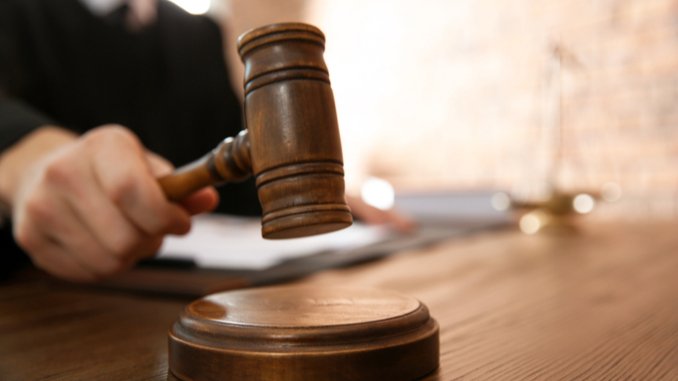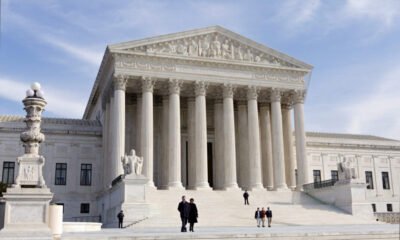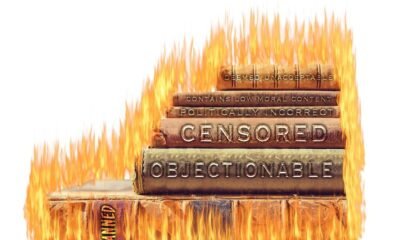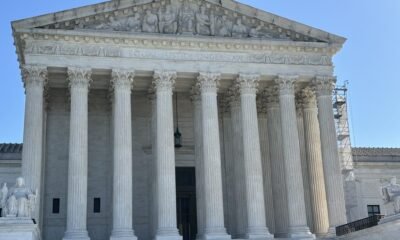April Smith v. Fontes
AZ Prop 140 Hearing: Early Signs Suggest Court May Validate Duplicate Signatures

By Matthew Holloway |
A hearing on Tuesday delved into the validity of signatures for Arizona’s ranked choice voting initiative, Prop 140, in the case of April Smith v. Fontes. This ongoing matter has raised significant concerns regarding the accuracy of the signatures collected by the initiative’s proponents.
After extensive discussions, the number of contested signatures was reduced from over 40,000 to about 38,100. This revised figure will undergo scrutiny by a special master assigned by Maricopa County Superior Court Judge Frank Moscowitz.
Observers have noted potential biases in Judge Moscowitz’s demeanor during the proceedings, prompting questions about the fairness of the upcoming decisions. Discrepancies emerged during the hearing, particularly between the judge and representatives from both the plaintiff group, Make Elections Fair Arizona PAC, and the Arizona Secretary of State. Central to the debate was the method for determining which of the signatures had previously been invalidated by county authorities.
The court’s focus appeared to shift towards excluding evidence of duplicate signatures rather than adhering to the Supreme Court’s direction in Mussi v. Fontes, which called for clear and convincing evidence of duplicates. Moscowitz expressed skepticism about the weight of the remaining contested signatures, suggesting that even a lower number of valid counts might be sufficient to undermine the initiative. “They’re done. It’s over,” he stated, indicating a possible predetermined stance on the matter.
Daniel Arellano, the attorney representing the plaintiffs, pushed back against this interpretation, asserting that the court should not dismiss the potential for a detailed review of all 38,000 signatures. He stressed the necessity of looking at individual cases rather than making sweeping judgments based on the sample extrapolation method.
Judge Moscowitz responded, insisting that his interpretation of the Supreme Court’s order rests on reconciling any potential duplicates with those already invalidated. The judge’s commentary suggested a preference for expedience in reaching a resolution, which aligns with the directions issued by Arizona Supreme Court Chief Justice Ann Scott Timmer. Timmer emphasized the importance of determining whether the initiative has sufficient qualified signatures in a timely manner.
The Arizona Free Enterprise Club, led by President Scot Mussi, contributed to the discourse, underscoring the necessity of removing duplicates that were exact matches in name and address with official voter files. They cited specific instances where individuals allegedly signed multiple times—one individual reportedly signed on 15 occasions—yet these signatures were included in official tallies.
A follow-up hearing is set for Friday, while the signature verification process, now overseen by Retired Arizona Superior Court Judge Christopher Skelly, is expected to continue until September 16. During recent discussions, Judge Moscowitz posed questions regarding the benchmarks for stopping the review, underscoring the complexity involved in evaluating the signatures. Attorney Arellano indicated that a clear framework for evaluating duplicates had not yet been established.
This hearing marks a crucial point for the integrity of the initiative and its potential ramifications for future voting processes in Arizona.
Matthew Holloway is a reporter for AZ Free News. Follow him on X for his latest stories, or email tips to Matthew@azfreenews.com.


















